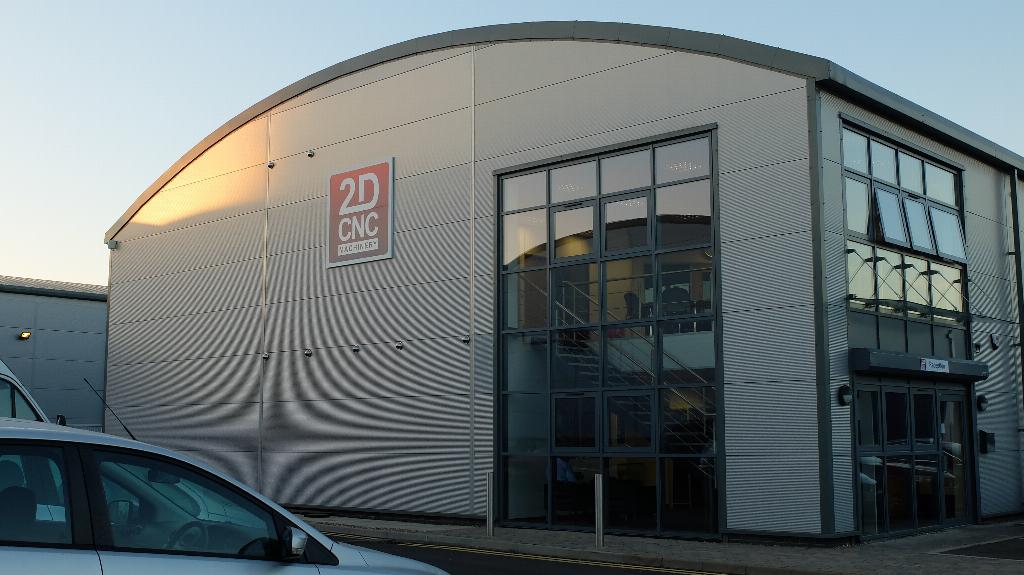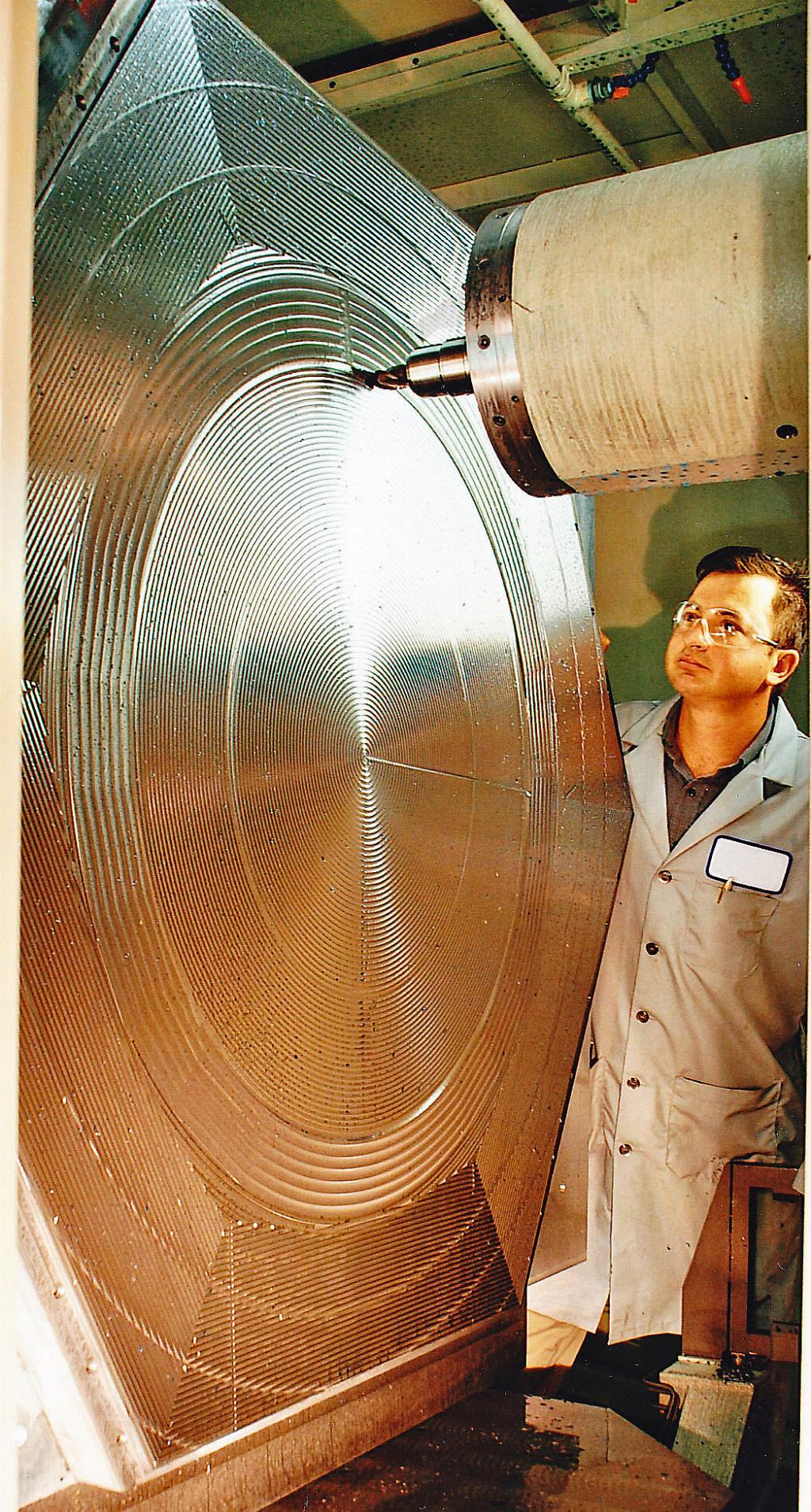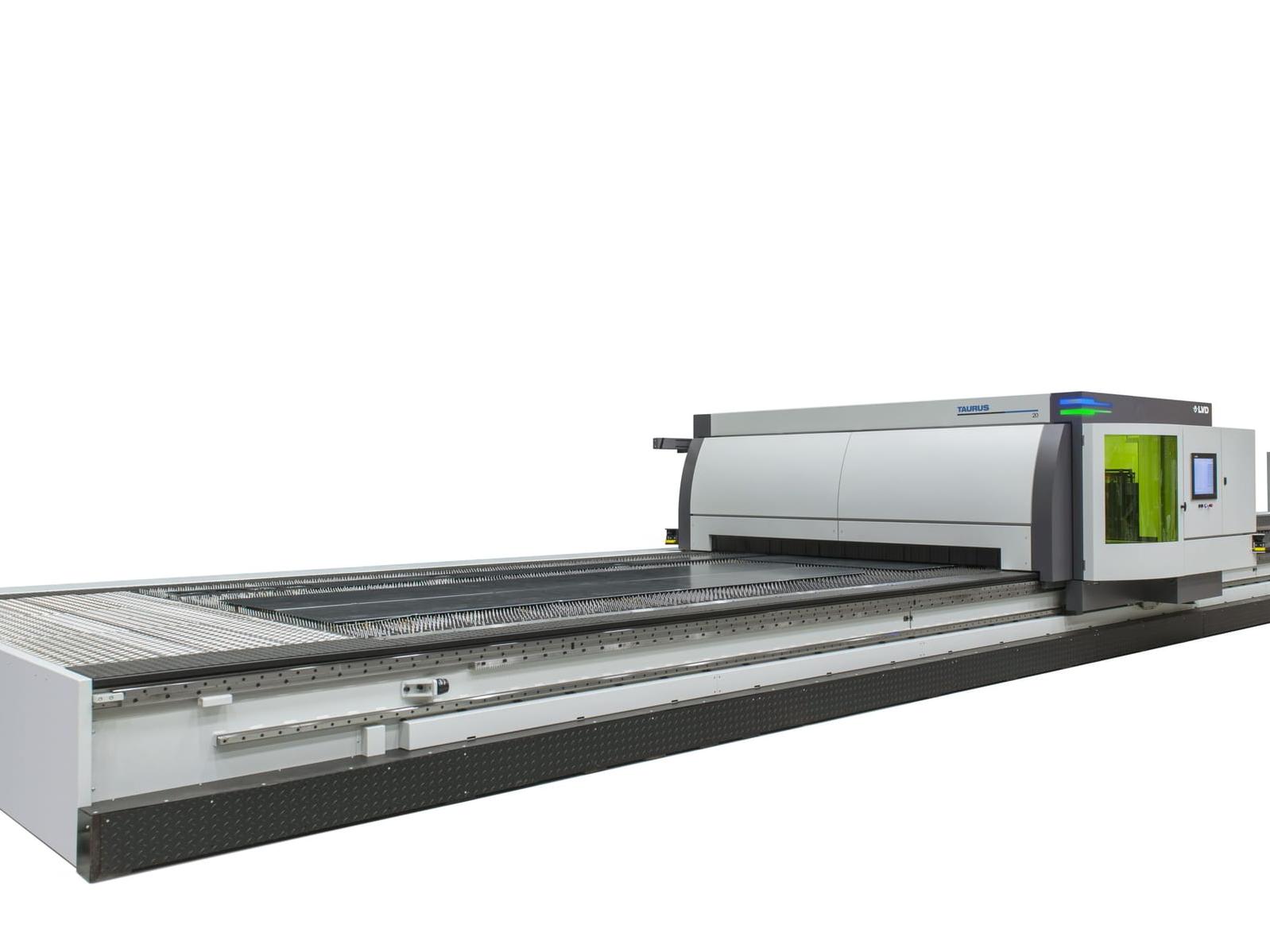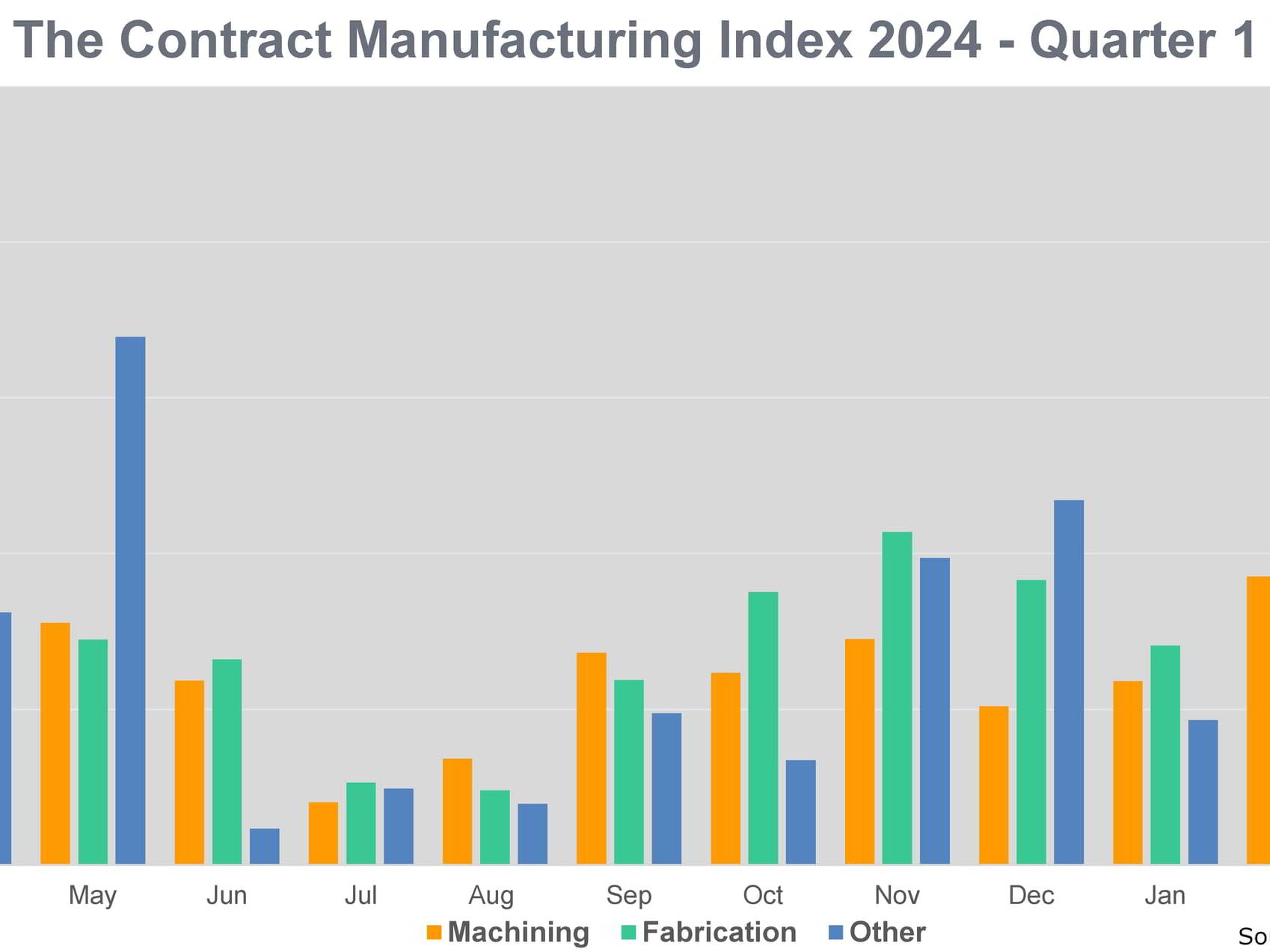New dimensions in machining

Machine tool supplier 2D CNC was acquired by the Halbronn Group in last year. The development marks a new chapter in the growth of a company that specialises in providing premium machine tools. Ed Hill went along to a recent open house to find out more.
At Hinckley, Leicestershire-based 2D CNC’s open house event held at the end of November, the company took the opportunity to focus prospective customers’ buying options on its latest examples of CNC machine tool technology from a range of manufacturers.
A major part of the event was the inclusion of several machines from Japanese manufacturer OKK. In April 2016, 2D CNC was acquired by the Halbronn Group, a French distributor of machine tools. With the signing of the deal 2D CNC became the UK agent for these higher-end horizontal and vertical machining tools.
David Holden, co-director of 2D CNC comments: “Halbronn were looking for a new platform to market the brand in the UK. OKK machines have been made for more than a hundred years in Japan. They are a premium brand with an excellent pedigree, are popular for automotive and aerospace applications and have an established reputation in the 5-axis field.”
At its open house 2D CNC had two 5-axis machines and two 4-axis machines from OKK on display. On one 5-axis machining centre (a VC-X500), the reverse engineering of a motorbike part was being carried out in partnership with software specialist Autodesk. Other partner companies at the event included Heidenhain, Nikken, CGTech, MicroLoc, FSE, Kyocera SGS and Walter GB.
Aside from OKK, 2D CNC is also the UK distributor for Mitsui Seiki, Wele, Fermat horizontal boring machines and grinders as well as Swiss built, Reiden metalcutting machines.
Early days
Mr Holden, a former general manager of a well-known machine tool distributor, started 2D CNC back in 2009 with his business partner David Johnson (hence the 2D name). The new company soon acquired the Mitsui Seiki agency in the UK, a machine builder with which Mr Holden had a long association in his previous job. The agencies for Toyoda and other machine tool manufacturers soon followed.
Mr Holden puts the company’s strengths down to its philosophy of providing complete production solutions for its customers. As well as machine tools the company often provides additional equipment needed for manufacturing cells and flexible manufacturing systems (FMS).

“We pride ourselves on the service, support and solutions that we offer our customers,” he says. “As an organisation, every one of us is an experienced time served engineer. We have a good working relationship with our customers who like what we provide for them. It’s not just about chasing sales numbers; we offer a total beneficial solution for their production tasks that can give them an advantage over their competitors.”
Mr Holden is proud of his company’s association with Mitsui Seiki, whose machines often carry very rigorous machining operations. A recent example was the machining of mirror sections for the new NASA James Webb telescope. Each part, made from the costly metal Beryllium, took more than a year to machine.
The manufacturing of the sections involved eight Mitsui Seiki HU100A-5X travelling column horizontal machining centres which had to maintain a mirror finish on the surface with a dimensional thickness of just 2.5mm.
The profile tolerance of the part was within ±0.05mm and a tolerance of 0.13mm had to be maintained all around the six-sided 1,220mm periphery of the 340kg billet which were worth US$500,000 each.
In the cycle, the machine also had to produce 22 mounting pads, 249 lightning holes and 600 deep pockets removing 120kg of material in each segment with rib thicknesses as fine as 0.5mm. During the final machining cycle, 30, 6.35mm holes were drilled, each with slots on the edge processed to 5µm tolerances to provide an exact datum for tooling balls to allow each segment to be measured.
Mr Holden comments: “It’s essentially the quality of the geometrics that enable that kind of machining accuracy to be achieved on these machines, along with the rigidity which ensures the travels remain constant. Volumetric accuracy of less than 10µm is what is provided from a manufacturer like Mitsui Seiki – fundamental when you are making large components.”
Adding extra
Mitsui Seiki is also making its first steps into producing machines that use both additive and subtractive processes for metal forming components. It recently launched the hybrid Mitsui Seiki Vertex 55X-H machine (also available from 2D CNC). This machine combines traditional high precision metalcutting integrated with spindle adapted laser Direct Energy Deposition (DED)/powder fed nozzles. This means it can alternate back and forth between additive and conventional subtractive machining cycles.
These combined processes use a common adaptive programming language to enable continuous changes between conventional machining of internal or external features on the workpiece, then through the tool change magazine, the operation of nozzles as well as angle heads to enable the most suitable rates of flow for 3D printing powder to be applied.

Mr Holden suggests one ideal application for these machines is the repair of aerofoil parts such as high-pressure blades, blisks and impellers used in the aerospace, power generation and oil and gas sectors.
“As OEM’s and designers progressively introduce super hard materials for their part production, hybrid technology such as this becomes ideal for cost-effective repairs or even part recovery. This can enable a possible scrap component to be re-engineered and brought back into a serviceable condition,” he explains.
Mitsui Seiki has also worked in collaboration with the US aero engine company, GE, to develop a new machining process called ‘Blue Arc’, an EDM style method claimed to massively speed up the rough removal of difficult to machine materials such as titanium and Inconel. The company is in the early stage of developing the process and has produced the first working machining centre with the technology.
Lower on the price scale of 2D CNC machine offerings are its Wele machines, manufactured in Taiwan. The manufacturer produces a range of machines including VMCs, quill type boring machines and bridge and gantry type machining centres.
Mr Holden asserts: “Wele machines are well specified; when customers are introduced to them they can see they are getting a lot for their money from the build quality of the product. When we were looking for a Taiwanese built machine we wanted to find something that had a lot of the similar features to our higher end machines.”
Stepping up
Naturally, the acquisition of 2D CNC marks a major change in direction for the supplier, particularly with the marketing of the OKK brand.
“It came at the right time for the company,” Mr Holden affirms. “We wanted to grow but we needed additional investment. The main advantage of becoming part of the Halbronn Group is that it has given us easier access to the stock of OKK machines in Europe.”
Just after the buyout 2D CNC exhibited at the MACH show thanks to help from Halbronn.
“It was the first time we had done the show,” Mr Holden concludes. “We had to rebrand the company in 11 days. Halbronn have been able to bring extra investment into the business which also helped with putting on this open house.
“People who have experience with OKK machines know they perform well but the brand has been overlooked for a little while in the UK. This new agency is a reflection that we will continue to sell quality products. OKK is a brand that really should have a bigger place in the UK market.”
2D CNC www.2dcnc.co.uk














